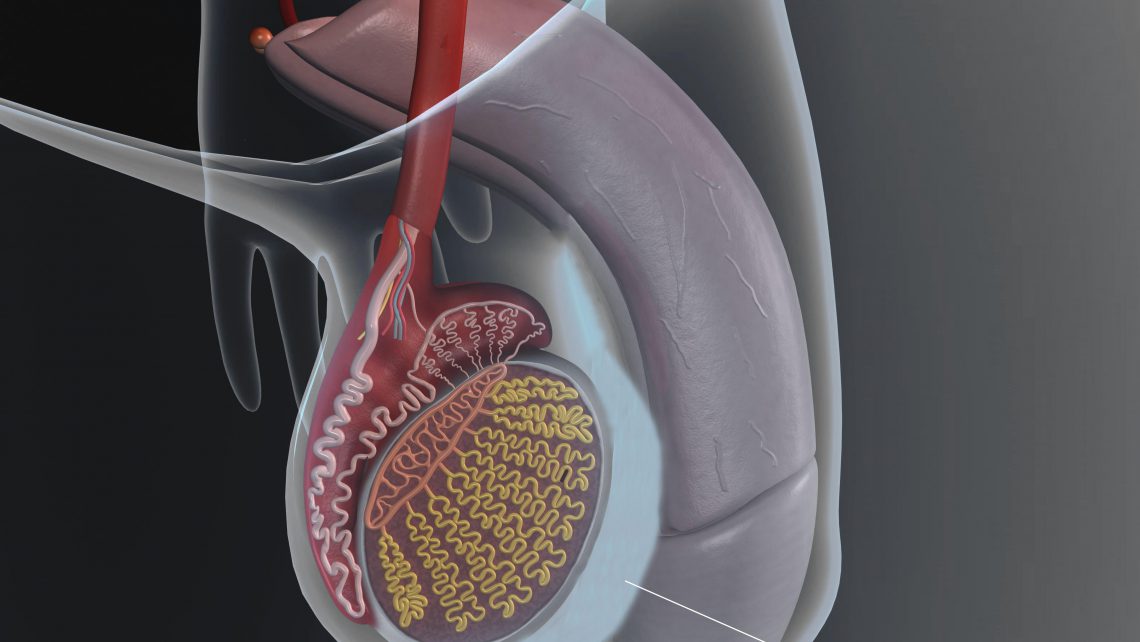
What is a hydrocele? Symptoms and treatment
A hydrocele is the accumulation of fluid in the testicular covers (in one or both testicles) causing an almost permanent swelling of the scrotum.
Is not rare in newborns, but they occur more frequently in adults. In newborns, it disappears in many cases within months of birth. In adults, in many cases, the cause is not recognized, but in other, there may be a history of trauma, use of an abdominal press, testicular infections, or previous surgeries.
What are the hidrocele symptoms?
Symptoms are unilateral or bilateral scrotal volume increase with relative and variable discomfort due to space compromise and this increase in volume, ranging from not causing great discomfort to being very annoying. Causing swelling and discomfort especially when the liquid is under high tension.
During physical examination the scrotum is tight, not usually painful to the touch. Sometimes the testicle is not easy to feel because of the fluid that surrounds it. The size of the hydrocele can sometimes increase or decrease by putting pressure on the abdomen or scrotum. A hydrocele usually does not go away on its own and can be easily seen by shining a flashlight on the testicle through the swollen part of the scrotum in dim light from the room. If the scrotum is filled with clear fluid, it will light up.
The testicle ultrasound will show a fluid in which the normal testicle floats, confirming the diagnosis
What is the hydrocele treatment?
In general, hydrocele is a benign pathology that sometimes can be very annoying and is intervened by surgery only when it’s unsightly or causes discomfort. When the hydrocele appears after varicocele surgery or an inguinal hernia, it should be surgically repaired as quickly as possible.
Hydrocele surgery is simple and the prognosis is usually good: it consists of removing the sac that contains the fluid, through a small incision in the scrotum as it’s very elastic.
Needle drainage is never recommended because the fluid will reappear and if this drain becomes infected it can cause serious complications.
Dr Luís Prieto, Urology director at Instituto Bernabeu
THE FOLLOWING MAY ALSO BE OF INTEREST TO YOUList
